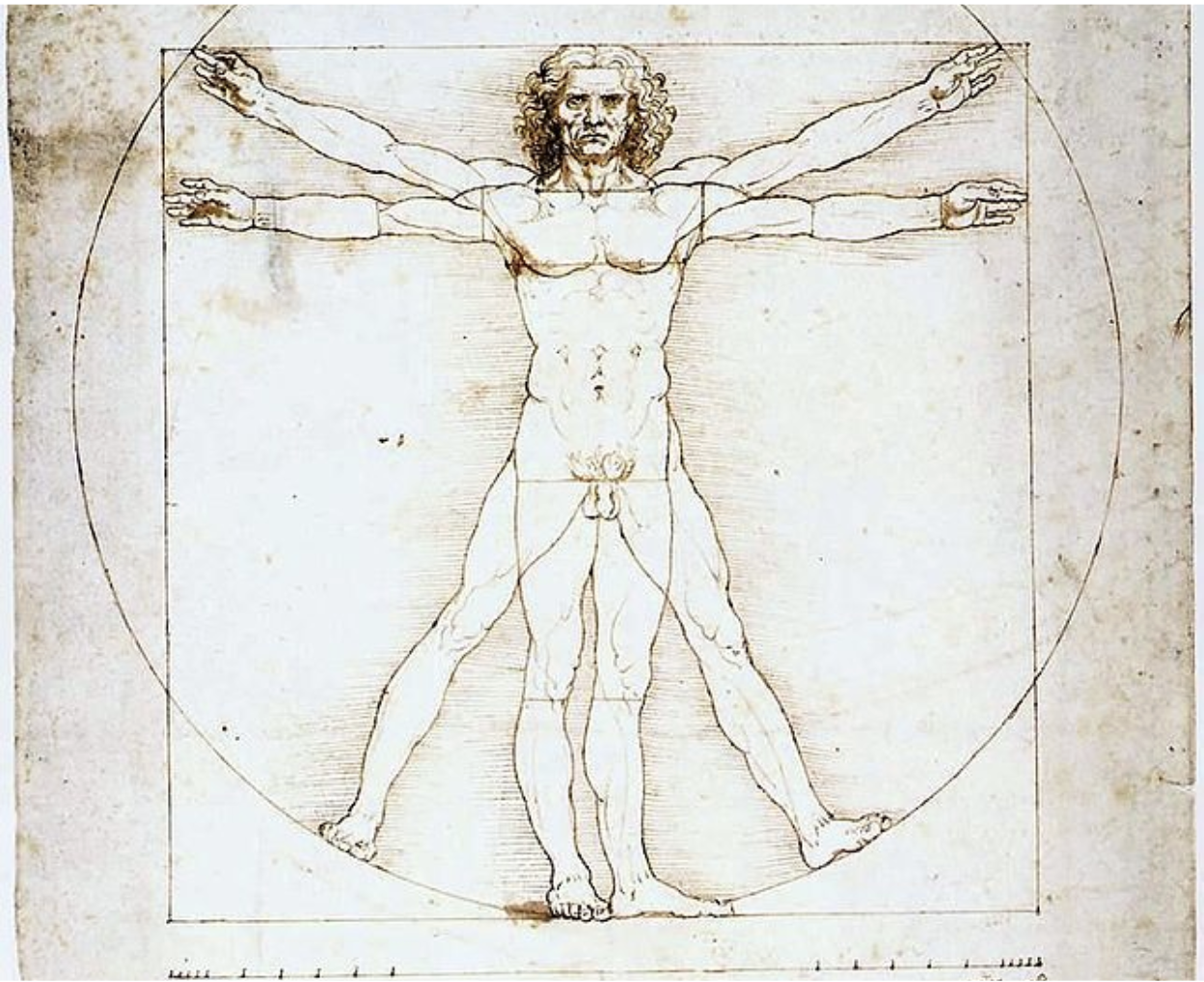Can drunkenness ever be holy? Brady examines the employment of drunkenness as a motif for both spiritual admonition and encouragement in the writings of the Church Fathers and the visual propagation of these teachings through early modern depictions of Noah and His Sons.
On March 13th, 2023, United Kingdom Prime Minister Rishi Sunak revealed that the U.K. has no plans to return the Parthenon Marbles (also known as the Elgin Marbles) to Greece. These sculptures were controversially removed from their origin in Athens in 1832 and have remained at the British Museum ever since. Sunak stated to reporters, “The UK has cared for the Elgin marbles for generations… We share treasures with the world, and the world comes to the UK to see them. The collection of the British Museum is protected by law, and we have no plans to change it.” These comments come after months of confirmed discussions between the British Museum and the Acropolis Museum in Athens, as well as the establishment of an advisory board last October dedicated to the Parthenon marbles’ restitution.
This dispute, which has been a highly-debated issue for the past several decades, is made more complicated by the 1963 British Museum Act, which places strict guidelines on the museum’s sales, loans, and disposals and vests all powers with the museum’s trustees. Nevertheless, campaign groups—such as the Parthenon Project (chaired by former U.K. cabinet minister Ed Vaizey)—still argue for a return of the marbles to Greece, regardless of whether the question of ownership can be resolved. Moreover, the Greek Ministry of Culture remains adamant that ownership of the marbles rests with Greece, releasing a statement that reads, “We repeat, once again, our country’s firm position that it does not recognize the British Museum’s jurisdiction, possession and ownership of the Sculptures, as they are the product of theft.”
The dispute over the Parthenon Marbles is just one of many ongoing debates concerning the restitution of stolen art, with more and more museums returning objects to their place of origin. Many museums argue that a museum is a microcosm of the entire world whose central function is to reflect numerous cultures and make art more accessible to the general public. In a Post-colonial era, however, questions of true ownership are prevalent. In the case of the Parthenon Marbles, displaying the sculptures in their place of origin would not only bring valuable tourism and revenue to Greece, but also link modern Athenians to their ancestors by representing Ancient Greek culture.





